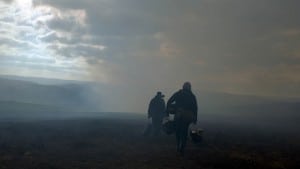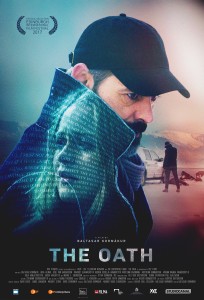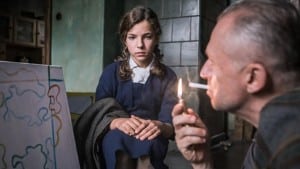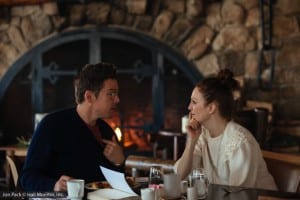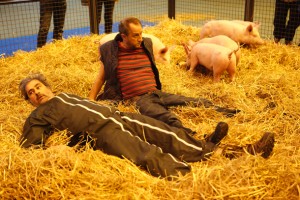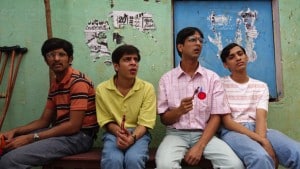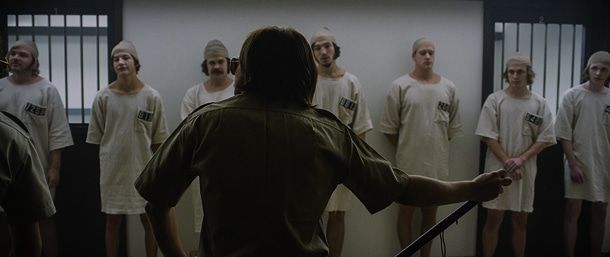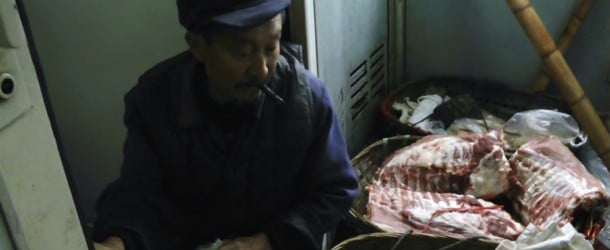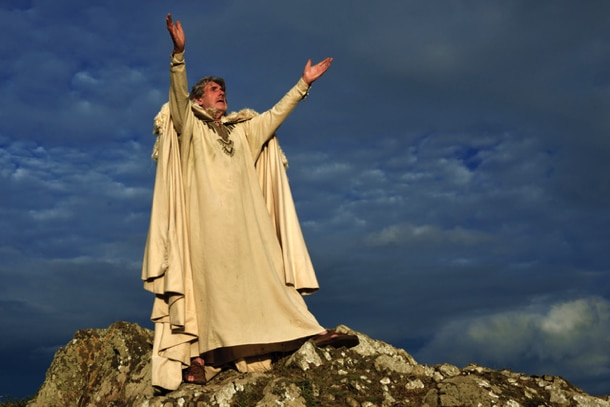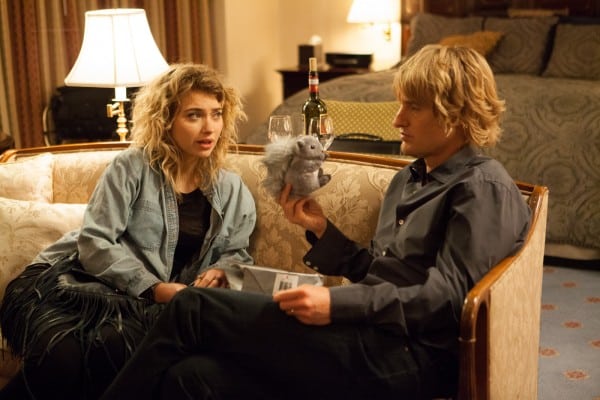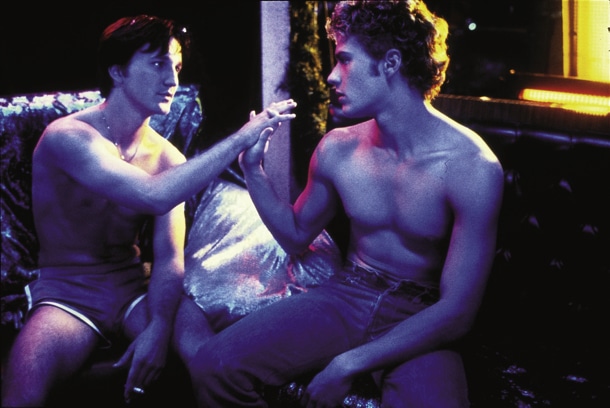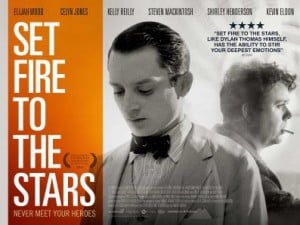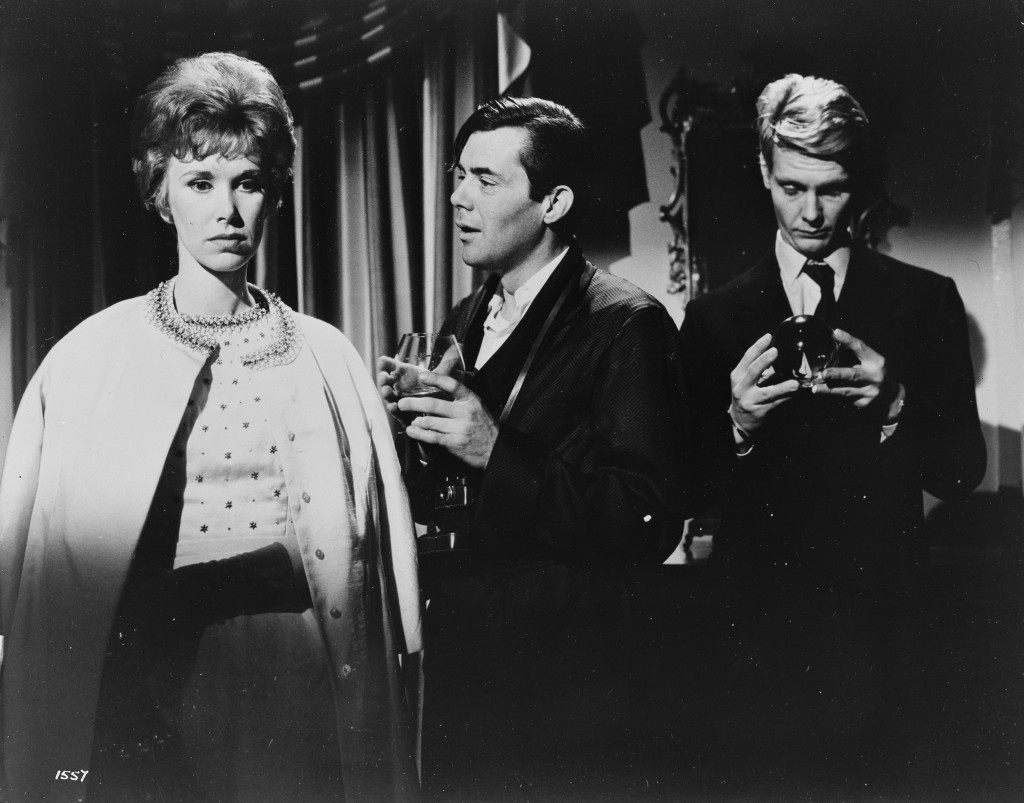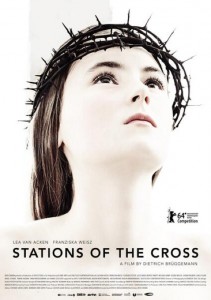 This June (18-29th), the Edinburgh International Film Festival returns for its 68th edition with a programme absolutely jam-packed with filmic goodness – even by the festival’s high standards, this year seems an exciting one. With 156 features on offer, there’s an overwhelming amount to choose from, including the UK Premieres of such much-discussed festival hits as Bong Joon-ho’s Snowpiercer, Tsai Ming-liangs’ Stray Dogs and Journey to the West, Dietrich Brüggemann’s Stations of the Cross and Fernando Eimbcke’s Club Sandwich (which we recently picked as our anticipated highlight of the East End Film Festival). Of course, Edinburgh isn’t only about new films, and this year’s retrospective strands focus on writer/director/producer John McGrath, overlooked German filmmaker Dominik Graf, and Iranian Cinema from 1962-1978 (the festival also has a special focus on new films from both Iran and Germany). With so much on offer, one wonders where to start… Here are ten things we’re particularly looking forward to:
This June (18-29th), the Edinburgh International Film Festival returns for its 68th edition with a programme absolutely jam-packed with filmic goodness – even by the festival’s high standards, this year seems an exciting one. With 156 features on offer, there’s an overwhelming amount to choose from, including the UK Premieres of such much-discussed festival hits as Bong Joon-ho’s Snowpiercer, Tsai Ming-liangs’ Stray Dogs and Journey to the West, Dietrich Brüggemann’s Stations of the Cross and Fernando Eimbcke’s Club Sandwich (which we recently picked as our anticipated highlight of the East End Film Festival). Of course, Edinburgh isn’t only about new films, and this year’s retrospective strands focus on writer/director/producer John McGrath, overlooked German filmmaker Dominik Graf, and Iranian Cinema from 1962-1978 (the festival also has a special focus on new films from both Iran and Germany). With so much on offer, one wonders where to start… Here are ten things we’re particularly looking forward to: 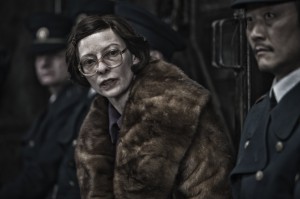
Life May Be, Dirs. Mania Akbari, Mark Cousins – World Premiere
A collaboration between exiled Iranian filmmaker Mania Akbari and the filmmaker/critic Mark Cousins, Life May Be is a correspondence of essayistic films, touching upon themes that ‘are at the core of their personal and artistic lives’. Both filmmakers have shown an insightful honesty in their previous work, and the film-letter form (which has worked so well for the likes of José Luis Guerín and Jonas Mekas in recent years), will surely bear interesting fruit in their hands.
 My Accomplice, Dir. Charlie Weaver Rolfe – World Premiere
My Accomplice, Dir. Charlie Weaver Rolfe – World Premiere
A romantic comedy concerning a burgeoning relationship between a young Scottish caretaker and a German baker, Charlie Weaver Rolfe’s debut feature My Accomplice should offer some light relief to off-set some of the festival’s heavier titles. The film plays in competition for the Michael Powell Award for Best British Film which, in recent years, has cast a much-needed spotlight upon small, independent films such as this.
Something, Anything, Dir. Paul Harrill – International Premiere
A feature-debut from a filmmaker behind a Sundance-award-winning short, Something, Anything tells of a young newlywed who abandons her domestic life to go in search of something more spiritual. If the premise invokes the story of Rossellini’s Europe ’51 (and therefore of Saint Francis), surely, 60-years on from Rossellini’s masterpiece, the time is ripe for another investigation into such themes?
The Invisible Life, Dir. Vítor Gonçalves – UK Premiere
Gonçalves’ debut film, A Girl in Summer, was released to wide acclaim in 1986 – and now, after a 27-year hiatus, he returns with The Invisible Life. The film centres upon the melancholic memories of a middle-aged public servant. As he tries to remember the final days of his former superior, he is reminded of the woman he loved.
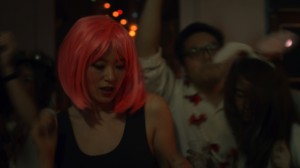 Letters from the South, Dirs. Royston Tan, Midi Z, Sun Koh, Tsai Ming-liang, Tan Chui Mui, Aditya Assarat – UK Premiere
Letters from the South, Dirs. Royston Tan, Midi Z, Sun Koh, Tsai Ming-liang, Tan Chui Mui, Aditya Assarat – UK Premiere
A portmanteau film by an impressive roster of directors, Letters from the South examines the Chinese diaspora living in other areas of Asia. If it’s true that portmanteau films are often uneven in quality, it’s also true that last year’s Centro Histórico was one of Edinburgh’s highlights, suggesting that the EIFF team have a good eye for picking omnibus films that work.
Manakamana, Dirs. Stephanie Spray, Pacho Velez – UK Premiere
The new film from the Sensory Ethnography Lab (the people behind Sweetgrass and Leviathan), Manakamana takes its name from a legendary temple in Nepal. Confined to the cable car that transports people to and from the temple, the film offers an insight into the lives of several groups of pilgrims visiting the temple.
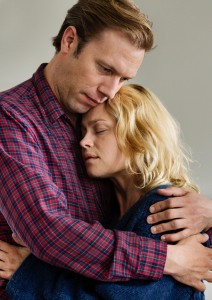
Sorrow and Joy, Dir. Nils Malmros – UK Premiere
The new film from acclaimed Danish auteur Nils Malmros, Sorrow and Joy centres upon the bond between a husband and wife, and the challenges they face together after the death of their infant daughter – at the hands of the wife. The films is said to be Malmros’ most personal feature film to date.
Truths Beyond Truth: Three Masterpieces, Dirs. Forugh Farrokhzad, Kamran Shirdel, Amir Naderi – Retrospective Screening
As mentioned, Edinburgh isn’t only about new films, and this collection of three short films from the Interrupted Revolution: Iranian Cinema, 1962 to 1978 strand promises to be quite a treat. The programme features the sole directorial offering from famed poet Forugh Farrokhzad, an ironic examination into notions of documentary veracity by Kamran Shirdel, and a wordless tale from Iran New Wave leading light, Amir Naderi.
Black Box Live, Dirs. Sally Golding, Michaela Grill, Karl Lemieux, Phillip Jeck, Guillaume Caillleau, Jan Slak – Live Event Screening
After its successful debut last year, Black Box Live returns to offer another evening of expanded film performance from some of the biggest names in the live audio-visual scene, promising to be a ‘veritable treat for the senses’. As the festival’s experimental strand, Black Box continues to offer some of the most challenging – and the most rewarding – films on display in Edinburgh.
EIFF in Conversation: Wang Bing – In Person Event
To coincide with their screening of leading Chinese documentarian Wang Bing’s new film, ‘Til Madness Do Us Part, Edinburgh will be welcoming Bing to the stage to talk about his work, and discuss wider questions of documentary practice.
EDINBURGH INTERNATIONAL FILM FESTIVAL RUNS FROM 18-29 JUNE 2014

 Elsewhere in the programme, Sasha Collington’s
Elsewhere in the programme, Sasha Collington’s 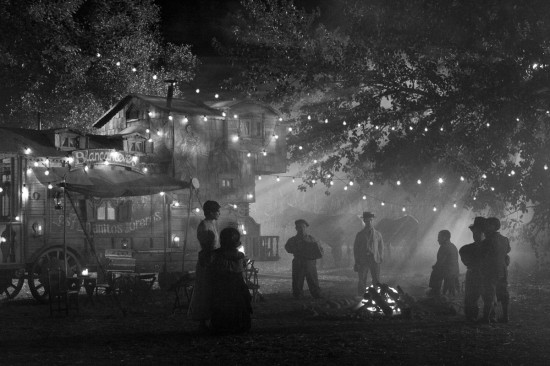
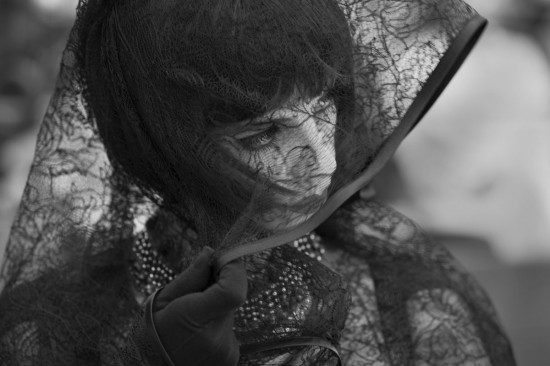
 Dir: Cico Pereira | Spain | Doc | 87′
Dir: Cico Pereira | Spain | Doc | 87′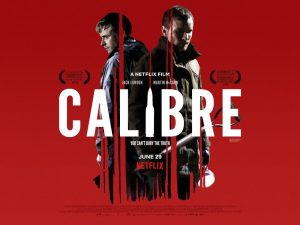 THE MICHAEL POWELL AWARD FOR BEST BRITISH FEATURE FILM
THE MICHAEL POWELL AWARD FOR BEST BRITISH FEATURE FILM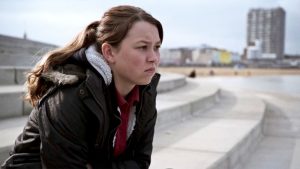 THE AWARD FOR BEST PERFORMANCE IN A BRITISH FEATURE FILM
THE AWARD FOR BEST PERFORMANCE IN A BRITISH FEATURE FILM THE AWARD FOR BEST INTERNATIONAL FEATURE FILM
THE AWARD FOR BEST INTERNATIONAL FEATURE FILM THE AWARD FOR BEST DOCUMENTARY FEATURE FILM
THE AWARD FOR BEST DOCUMENTARY FEATURE FILM